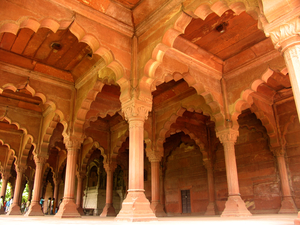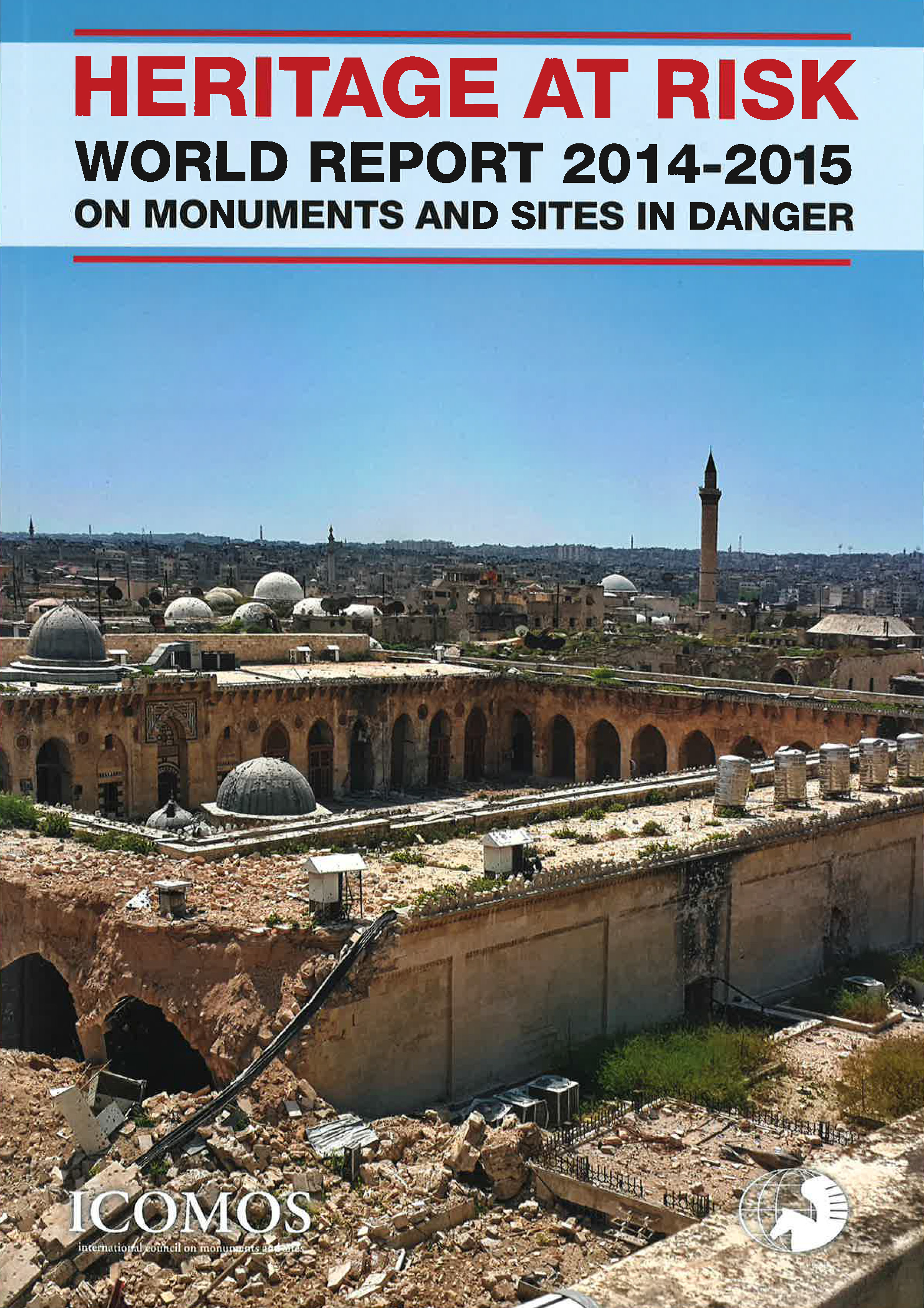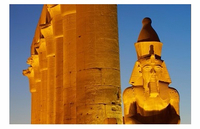ICOMOS Annual Report 2016
Browse online
Browse online
We are pleased to announce that more than 3000 photos have been uploaded to our collaborative photobank, and we thank you for your contributions.

Do not hesitate to continue uploading your photos to our photobank: sharing your images means enriching the documentation of world heritage.
This collaborative photobank reflects ICOMOS' scope of work and expertise in the following fields: monuments and sites around the world, archaeology, conservation and restoration of cultural heritage.

These 8 Tours to various parts of India, focussed on different themes, are exclusively curated by ICOMOS India members for the delegates to provide first hand experience of the rich and diverse cultural heritage of India.
Image: Red Fort, Delhi © Aneta Ribarska
 The "Heritage at Risk World Report 2014–2015 on monuments and sites in danger" is the latest volume of a series of World Reports first published in 2000. From a strictly preservation-based approach this publication series offers worldwide information about the dangers that are threatening our cultural heritage, in order to provide help in the case of risks and to promote practical measures to avert or at least allay these risks.
The "Heritage at Risk World Report 2014–2015 on monuments and sites in danger" is the latest volume of a series of World Reports first published in 2000. From a strictly preservation-based approach this publication series offers worldwide information about the dangers that are threatening our cultural heritage, in order to provide help in the case of risks and to promote practical measures to avert or at least allay these risks.
 This May, ICOMOS is participating at several events linked to sustainable development, the implementation of Agenda 2030 and the post-2015 Sustainable Development Goals:
This May, ICOMOS is participating at several events linked to sustainable development, the implementation of Agenda 2030 and the post-2015 Sustainable Development Goals:
2nd Culture Summit of the United Cities and Local Governments (UCLG) in Jeju, Republic of Korea, 10-13 May 2017.

In 2017, the theme is “Cultural Heritage & Sustainable Tourism”, chosen in relation to the United Nations International Year of Sustainable Tourism for Development and in the context of the 2030 Agenda for Sustainable Development and the Sustainable Development Goals.
Click here to read the message of Mechtild Rössler, Director of UNESCO's World Heritage Centre, on the International Day for Monuments and Sites, celebrated every year on 18 April.

Photo: Ibshek, Abu Simbel Temple © UNESCO / Shutterstock
ICOMOS informs you that, when browsing the ICOMOS website and all the pages of this domain, cookies are placed on the user's computer, mobile or tablet. No cookies are used to track users for commercial or advertising purposes.
A cookie is a piece of information stored by a website on the user's computer and that the user's browser provides to the website during each user’s visit.
These cookies essentially allow ICOMOS to:
You will find below the list of cookies used by our website and their characteristics:
Cookies created by the use of a third-part service on the website:
https://developers.google.com/analytics/devguides/collection/analyticsjs/cookie-usage)
https://policies.google.com/technologies/types?hl=en)
For information:
You can set up your browser to alert you of the presence cookies and offer you to accept them or not. You can accept or refuse cookies on a case-by-case basis or refuse them once and for all. However, some features of the ICOM website cannot function properly without cookies activated.
The setting of cookies is different for each browser and generally described in the help menus. You will find more explanations on how to proceed via the links below.
|
Firefox • |
Chrome • |
Safari • |